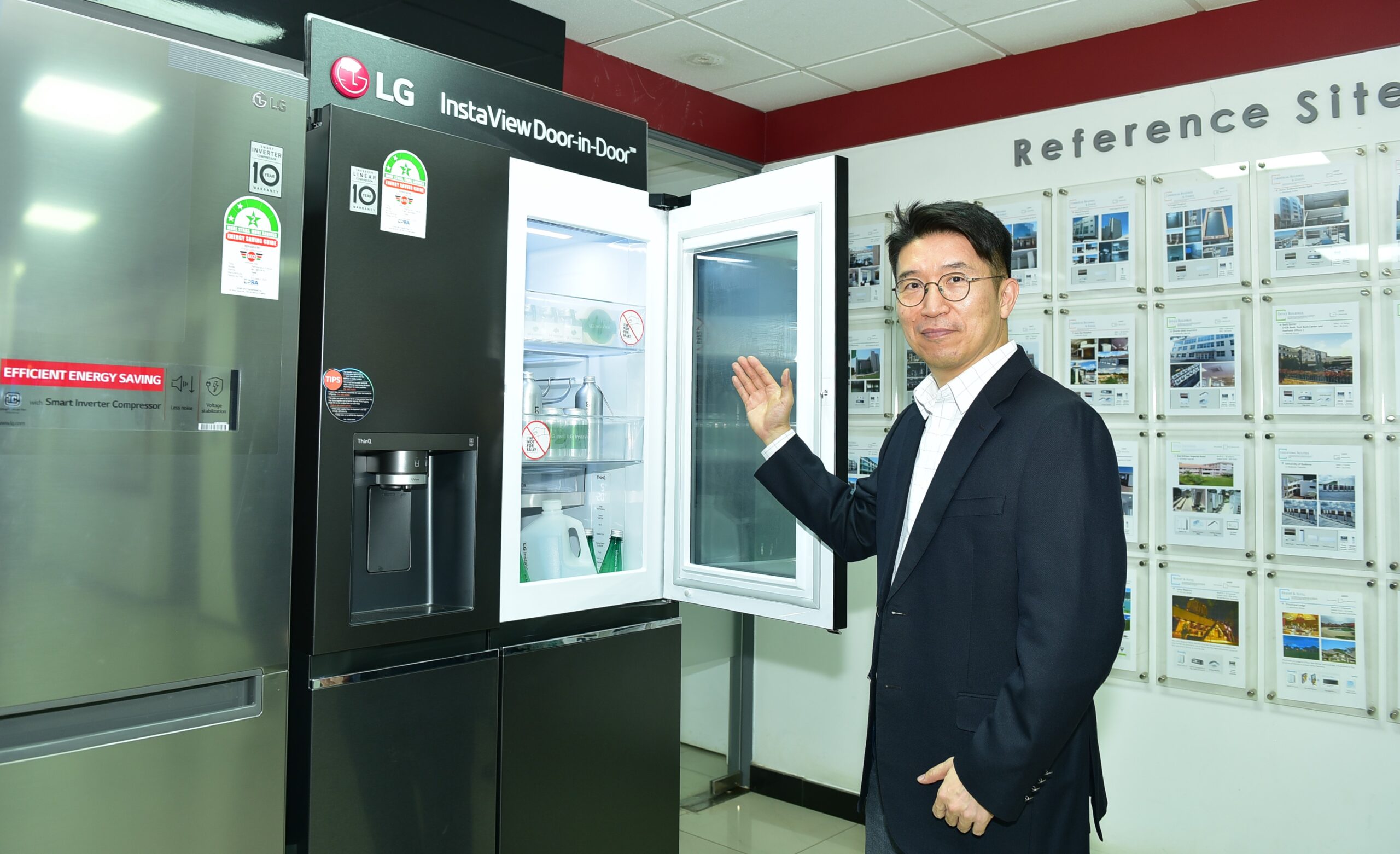The informal economy is a major source of employment globally. According to the International Labour Organisation (ILO), more women than men are hired for the over fifteen million informal jobs in Kenya. ILO puts the percentage of women in the informal workforce in the country at 88 per cent. Yet, the majority of these women are hired to do poorly paid, ill-equipped work thus severely limiting their opportunity to earn a decent livelihood.
One such type of work is informal laundry popularly known as ‘mama fua’ referencing the fact that it is mostly carried out by women. The ladies are paid a small fee of Ksh 700 ($6) a day to do laundry for busy clients in the middle-income urban residential areas. They wash clothes with their hands – a laborious, time-consuming task – but they have to do it to feed and educate their children and families.
Sadly, this casual engagement comes with health risks such as skin exposure to detergent chemicals, back pains from stooping for long hours, pneumonia and in some cases even sexual assault and verbal abuse by unscrupulous clients. Plus, it takes time to win the trust of clientele but even then, there are no guarantees that work will flow constantly.
On the client side, there are complaints regarding substandard service, lack of professionalism and petty theft. Privacy concerns abound in allowing persons with whom one is not fully acquainted into the home. Furthermore, there is no centralized database of persons offering such services, considering it is a highly unregulated industry, leaving the customer to do their own due diligence.
Notwithstanding these challenges, the fortunes of ‘mama fua’ are about to change drastically, with the adoption of revolutionary technological solutions designed to create more work opportunities in the informal laundry ecosystem. Some innovative local tech firms have even rolled out digital apps that link ‘mama fua’ with clients thus enhancing their income opportunities. But there is a need to empower them to do even more using the latest digital laundry technology.
This includes encouraging more Kenyans, especially women and youth, to venture into the professional laundry business. Moreover, there is growing demand for laundry services among the increasingly affluent middle-income market with limited time to do laundry work, but have a desire for their clothes to be cleaned professionally and at an affordable rate.
However, capital and skills remain major barriers. Washing machines are beyond the financial reach of the ordinary ‘mama fua’ operating in the city estates. They also need to train them in modern techniques of cleaning clothes. This requires a business model that delivers social benefits while enabling access to the right tools and best practices in laundry solutions.
Working with local partners, LG Electronics has been supporting the smart laundromat concept as part of the company’s business and social investment goals. Using cutting-edge technology and innovation, backed by superior customer service, this concept is the first step towards formalizing the informal ‘mama fua’ industry.
The idea is to create social impact in the community through a social entrepreneurship model that employs actual ‘mama fua’ who have been trained in customer care and machine operations before being engaged in the laundromats.
This model is also inspired by the desire to give customers quality service while empowering the informal ‘mama fua’ to deliver professional services to a growing and appreciative clientele thus accelerating growth of Kenya’s laundry industry. With state-of-the-art dryer and washer machines, the smart laundromats will create jobs for more Kenyans and at the same time meet the growing day-to-day laundry needs of many families.
The latest laundromat technology also comes with a digital app that allows customers to monitor progress of their laundry remotely. The shop operators are also able to manage their business off-site in real time and promptly track and resolve technical issues. The inbuilt intuitive software based on Artificial Intelligence reduces water and energy wastage and is therefore environmentally and pocket-friendly. The informal laundry industry is thus ripe for a revolutionary leap into the future.
